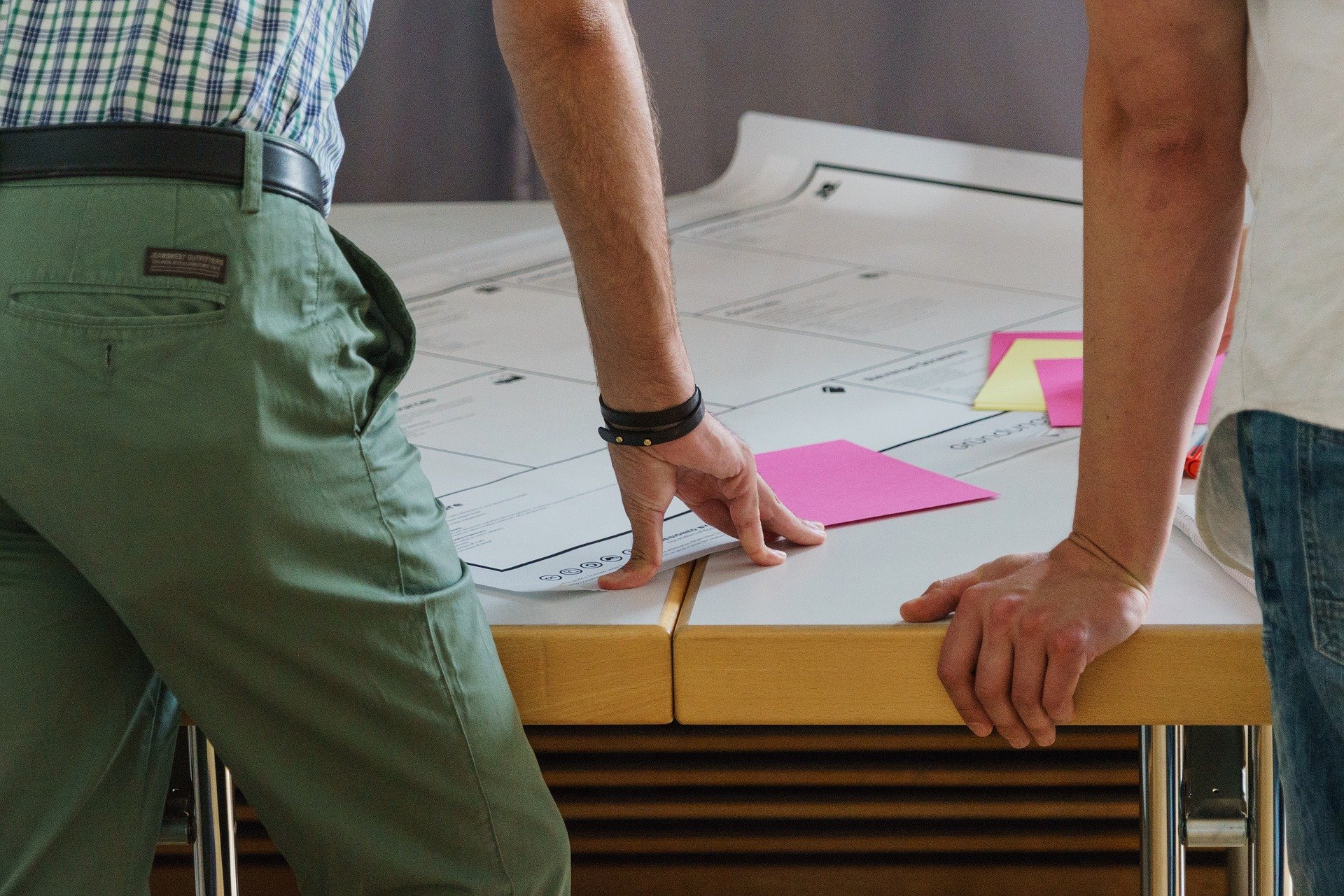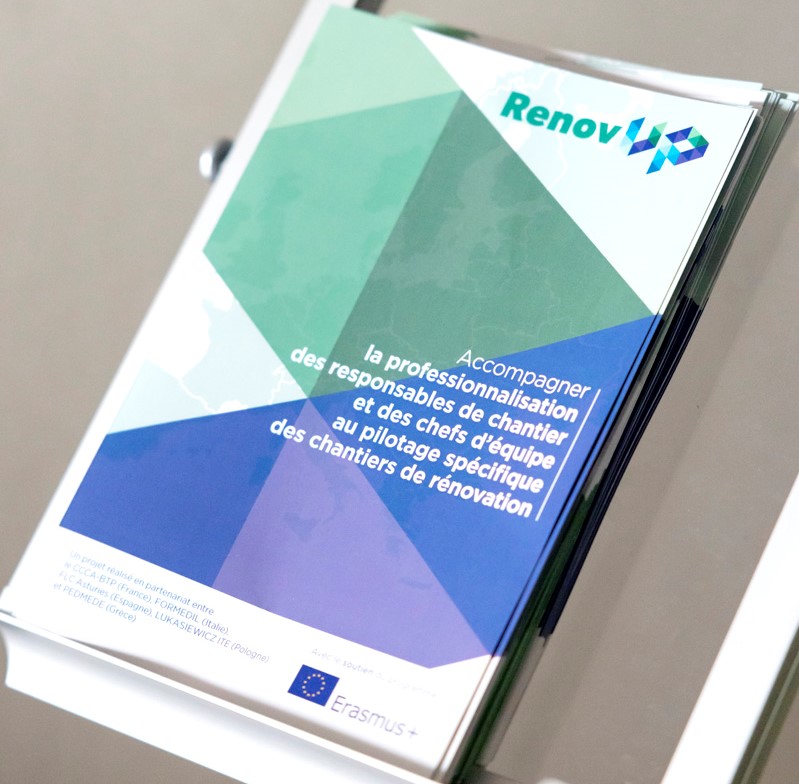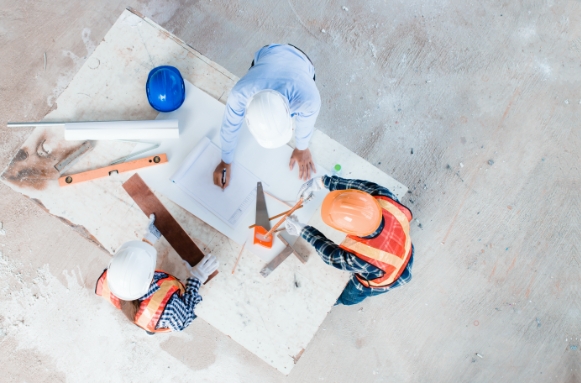TRANSFORMING HABITS TO THINK ABOUT TRAINING: Example of the RenovUp transnational project
Extract from the forthcoming publication “EXPERIENCE AS TRANSFORMATION: For an epistemology of experience”. UNESCO and ICP (France) Authors: Florence Tardif-Bourgoin, University of Paris Nanterre, CREF Jérôme Mbiatong, UPEC, LIRTES
For the participants in the RenovUp project, the challenge is to “reverse” the usual ways of thinking about training through the objectives of action, which are the formative exploitation of learning in work situations and the analysis of work situations to improve the arrangements for the professionalisation of site managers and team leaders. The assumption was made by the two researchers involved in this field that the involvement of professionals in this project was likely to constitute a source of learning and innovation for the contributors involved (partner organisations in the RenovUp project, training centres and companies having participated in the reflections and experimental actions). Attention was paid to the moments of transformation in the account of the respective experiences according to the different functions occupied by the people interviewed (management, deputy management, director of studies, training, coordination, design) in the partner countries: how does involvement in an international educational project contribute to the professional development of its contributors? The field study highlights how entering the experience of others can be a personal step towards change, illustrating the collaboration in this particular project. Eight interviews were conducted with RenovUp project collaborators, including four in France and four abroad (three national project pilots and a researcher specialising in the development of vocational education).
Whatever their position in the project, the contributors unanimously shared the approach of using real-life situations to guide the revision of teaching models. Although this approach was initially a novelty for some, as emphasised by a regional director and the foreign contributors, who pointed out the unusual aspect of interaction with companies prior to the creation of a training project, most of them had nevertheless experienced this practice in previous European projects.
These habits have formed a common and shared foundation which has facilitated collaboration between the partners throughout the RenovUp project: “The simulations are there, they are given by the companies, we can see that there are recurring problems…Starting from a real situation…We know that it’s everyday stuff”. (French educational manager). According to the people we spoke to, the construction of the reference frameworks involves a great deal of work on “breaking down” recurring themes into training modules.
The habit of commitment can be linked to other experiences in the field of training, such as the fact of having been involved in writing certification situations as part of a national project on work-linked training (French educational manager) or of having participated in the creation of teaching and positioning tools to develop observation grids in real situations (national coordinator of the RenovUp project). According to the same co-ordinator, it can also be linked to non-teaching experiences such as organising technical activities to manage the project and conducting interviews with operators in the renovation sector.
Gathering needs based on actual activity means taking into account the local challenges of the training provided, from one region to another as well as from one country to another (French Regional Director) and, above all, it means having a good knowledge of the practices of trainers in order to support them in changing their practices (French Education Manager and French Regional Director in his capacity as a former CFA director): “Already work-linked training is disconnected, we need to reconnect the CFA with the company…”.
These issues and transformations relate to the specific national features of the political and legal context, the structuring of the sector and environmental standards: “In the first phase of RenovUp, we had to do a documentary search, analyse all the standards, legislation, all the changes that the European Union is putting in place to deal with climate change”. (National coordinator of the RenovUp project in his country).
The responsibilities and practices of trainers, site managers and team leaders are recurrent in the comments made by contributors when it comes to their perception of the situation.




